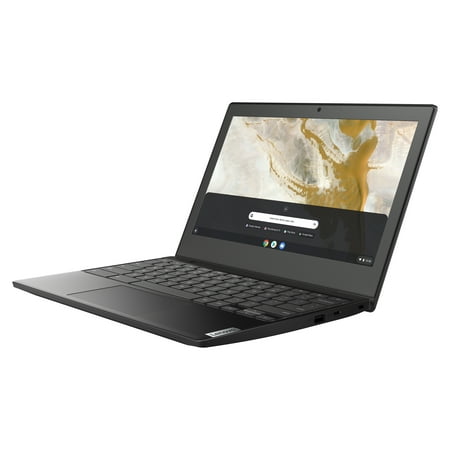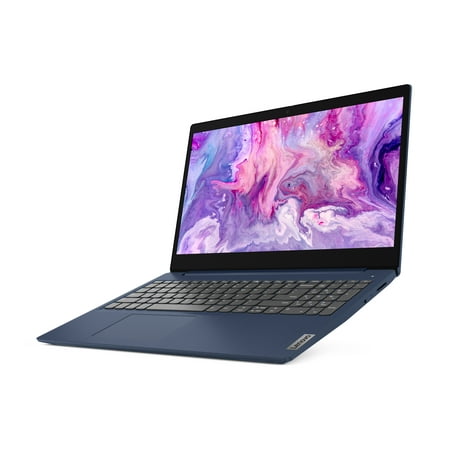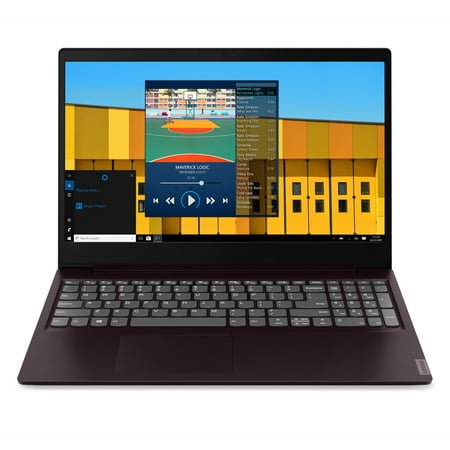Lenovo IdeaPad 3 15″ Laptop, AMD Ryzen 5 3500U Processor, 8GB Memory, 256GB SSD, Windows 10 Home, Almond, 81W1009EUS (Google Classroom Compatible)
Windows 10. AMD Ryzen 5 3500U Quad Core Processor. 15.6″ FHD IPS LED Backlit Anti-Glare Display. 8GB DDR4 2400 MHz RAM (4GB OnBoard + 4GB DIMM). 256GB 2242 NVMe TLC SSD Storage.
Engineered for long-lasting performance, the Lenovo IdeaPad. 3 delivers powerful performance with the latest AMD Mobile Processors with Radeon Graphics, in a laptop that’s perfect for your everyday tasks, with features that you can depend on. 2020 model
- Operating System: Windows 10
- Processor: AMD Ryzen 5 3500U Quad Core Processor
- Display: 15.6″ FHD IPS LED Backlit Anti-Glare Display
- Memory: 8GB DDR4 2400 MHz RAM (4GB OnBoard + 4GB DIMM)
- Internal Storage: 256GB 2242 NVMe TLC SSD Storage
- Graphics: Integrated Radeon Vega 8 Graphics
- Optical Drive: None
- Battery Life: Up to 6 Hours
- Audio: 2 x 2W Speakers with Dolby Audio
- Wireless: 2 x 2 802.11AC Wi-Fi and Bluetooth 4.1 Combo
- Webcam: 0.3MP Camera with Privacy Shutter and Dual Array Microphones
- Product Weight: 4.84 lbs
- Color: Almond
- Google Classroom Compatible
Additional information
| Manufacturer Part Number | 81w1009eus |
|---|---|
| Model | 81W1009EUS |






by Brad
I chose this for my daughter to use for school based on both price and the various specifics of speed, ram, graphics card, processor, etc. I was not sorry. It works very well for her. By the way: my job is fixing computers and I also build desktops, so I have a good knowledge of what to buy!
by Demeka
Its a very good computer I like that it is lightweight and affordable
by Payoay
Love my lap top works WONDERFUL!!
by Gina
I bought the computer for my nefew and he loves it. He uses for his high school homework and zoom classes.
by Nikrita
I’ve had this computer for 5 months now and I must say that this is a great computer on a an AMAZING deal! I bought it for $399 and it is the fastest computer that I’ve ever had. I use it for school and work. it takes about 5 seconds to start up after a shutdown. The speed on it is amazing! Couple of things to point out: the keyboard is NOT light up. During zoom meeting – it is difficult to read what is written on the screen being shared– so I think that the screen performance is not the greatest. But this laptop fires away at everything else. When you are viewing your own screen that that is not a problem at all. So I would say this laptop would be ideal for people do not spend alot of time in meetings and viewing other people’s screens. I think it was still a great purchase for me and people like me.
by Autumn
I love the keyboard, and it’s fast. The screen seems really good.